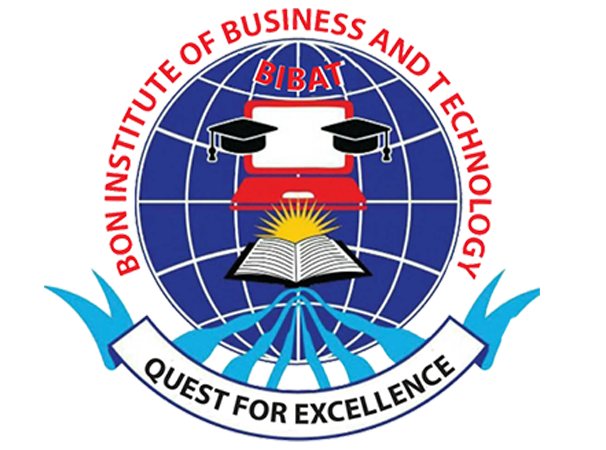BIBAT's training methodology and approach of transferring knowledge is constantly reviewed depending of the need and requirement. It will however be mostly participatory and practical in approach.
BIBAT will mainly use the adult learning methodology, a balanced approach, consisting of short lectures to introduce a topic, demonstrations, practical exercises, role plays, real life (Uganda) case studies, sharing of experiences, themed based mental exercises as individuals, groups and plenary, short facilitator guided group discussions and other participatory methods.
Other Training Approaches.
- Lecture method.
The faculty shall explain the theory and hold classroom activities through lectures to the team. This is intended to pass on the relevant knowledge in the respective fields to the team.
- Case Studies.
To make the program relevant BIBAT shall cover real life case studies and facilitate discussions on practical issues. It shall endeavor to transform the knowledge learnt into working skills.
- Experimental (and fun) learning.
BIBAT shall use lots of hands-on exercises. In some cases participants will be paired or put to working teams to get more participation from the team. Life experiences will be shared at this point.
- Reflection.
BIBAT programs are intended to get participants thinking about their contribution to the work place beyond the event which will give a long lasting positive effect.
BIBAT consultants/trainers will also use the following methodologies in delivery; Presentations using PowerPoint/LCD projector.
- Role plays and exercises.
- Group discussions.
- Business Simulations.
- Case studies.
